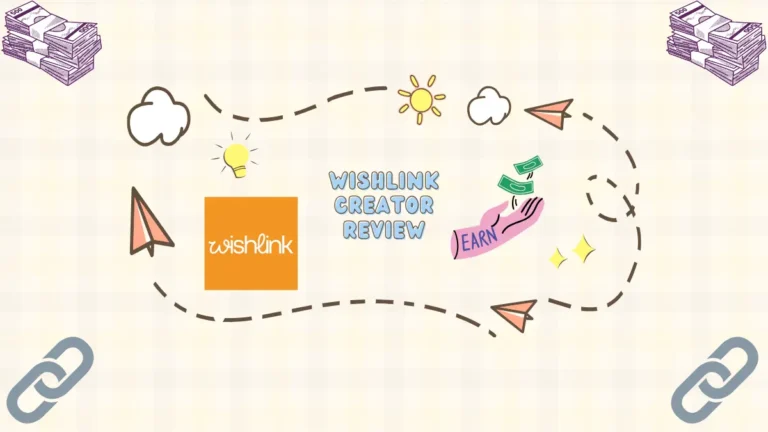The 21st-century business landscape is a rapidly evolving one. In such a highly competitive business environment, there is a need to address business process inefficiencies, optimize costs, and deliver a better experience to customers. To achieve these, businesses have to implement digital solutions that deliver efficient results and help them pivot quickly.
Naturally, this puts a lot of demand on an organization’s IT infrastructure. In many cases, IT teams are simply unable to meet the higher demand and increased pressure that comes with a digital transformation drive.
To plug the gap and solve this problem, organizations are starting to adopt a new way of doing business—citizen development. This new approach involves increased collaboration between IT teams and business users that effectively reduces the burden of the IT team while empowering business users to build solutions best suited to their specific requirements.
Getting IT and Business Users to collaborate
In the face of the challenges organizations have to face in deploying digital solutions to meet their business needs, increased collaboration between IT teams and business users has become quite necessary.
- Shortage of skilled professionals
According to industry research by Forrester, there will be a skill deficit of up to 500,000 developers in the United States by 2024. Even though IT requests for new digital solutions to solve business problems continue to increase, there is a shortage of skilled professional developers to implement these solutions across various industries. The consequence is a slowed-down pace of digital transformation and technology adoption across organizations in all industries.
- Sole dependence on IT for new solutions
Recent research has revealed that up to 77% of IT leaders and 71% of business leaders agree that there is a huge pipeline of IT solution requests that aren’t being addressed. This is because every non-IT department within an organization depends on the IT team for new solutions. Departments usually wait months for the IT department to deliver solutions.
- IT has limited business knowledge
In most organizations, a gap has always existed between those building technical solutions and the business users that will make use of them. IT teams usually develop solutions based on what they interpret is important to their teams. And this ends up being a tedious process. The back and forth ends up being time-consuming and carries no guarantee that the solution will meet the needs of their teams.
This is where citizen developers come in
The concept of citizen development effectively bridges the gap between business users and the IT team. It enables non-technical employees within an organization to create and deploy the solutions they need without writing code. Not only does this provide a way to bypass the IT backlog but allows business users to step in, have their say on the solution they use and develop applications much faster. This in turn, frees up the IT teams allowing them to focus on more business-critical tasks.
Citizen developers are closer to the business problems that need to be solved and they’re constantly looking out for the best solutions to solve these problems. They can leverage their in-depth knowledge of their daily roles, identify time-consuming processes, and develop solutions using no-code and low-code applications.
This isn’t to say that citizen developers completely work independently of IT teams. Instead, they use IT-approved technology and work under IT supervision to create apps that simplify their daily work and encourage digital transformation.
Why is citizen development the ideal approach?
The collaboration between business users and IT is important to spur digital transformation. The goal is to empower business users with tools that make it possible for them to create the software solutions they need. Some of the reasons why this collaboration is important to include:
- It accelerates development
Adopting a citizen development approach can shorten the development timeline by several weeks or months. This is necessary for a rapidly changing business environment where deploying new solutions faster will make it easier to reach company goals.
- It improves efficiency through automation
Citizen developers can better identify areas of improvement and create triggers or automation to eliminate process inefficiencies. They can create flows that perfectly suit their processes, identify metrics they want to measure, and automate predictable tasks effectively without depending on their IT teams for customizations.
- It helps cut costs
A collaboration between IT teams and business users to create the solutions they need is a less expensive approach to enterprise software development. No-code solutions cost a fraction of the expenses of regular coding while still achieving the same or even better results. Additionally, it helps reduce IT dependency and represent a better use of resources.
- It encourages Digital Transformation
In today’s business space, every organization is striving to achieve its digital transformation goals. A citizen development approach ensures that everyone in your workforce is involved in your digital transformation efforts by adopting a pragmatic approach to problem solving and driving innovation.
A stride in the right direction
The idea of empowering your employees to create and build the digital solutions they need may seem wild at first. But a well-designed approach through citizen development may represent the best approach to digital transformation.
Cultural limitations within an organization can make it difficult to implement a citizen development initiative. A huge part of your effort should be focused on getting your entire organization on the same page and getting them on board with the singular focus of driving positive change and innovation.



